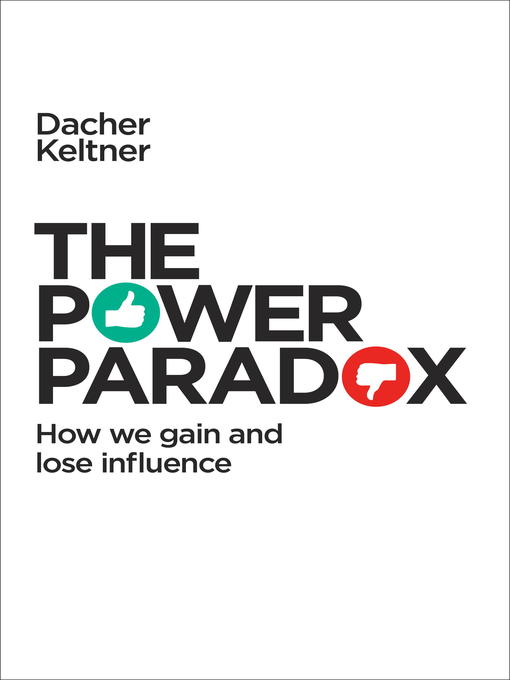- New Adult Fiction eBooks
- New Adult Nonfiction eBooks
- New kids additions
- New teen additions
- Most popular
- Classics
- Natalie Feld Memorial Library Donations 🌏
- Try something different
- See all ebooks collections
- New Adult Fiction eAudiobooks
- New Adult Nonfiction eAudiobooks
- New kids additions
- New teen additions
- Most popular
- Available now
- See all audiobooks collections
- Kids & Teens Magazines
- Hobbies & Crafts
- Celebrity & Gossip
- Tech & Gaming
- Fashion
- Home & Garden
- Lifestyle
- Cooking & Food
- Health & Fitness
- News & Politics
- Just Added
- A-Z Magazines
- Business & Finance
- See all magazines collections

